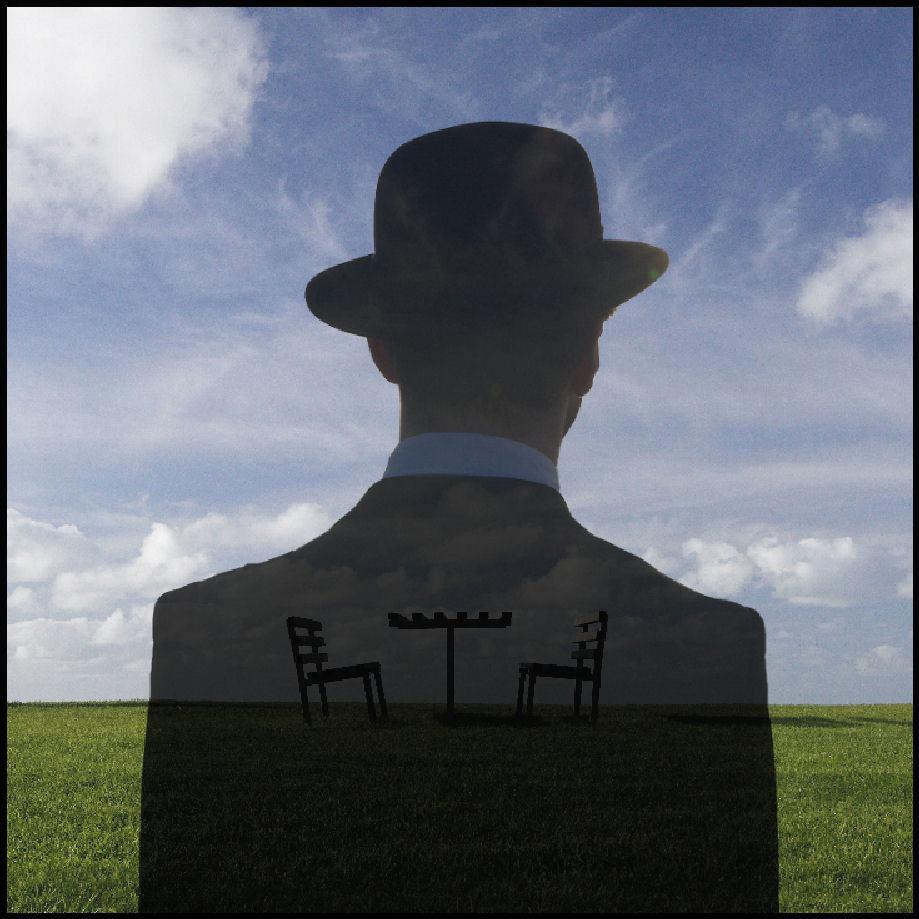


Deja vu, the uncanny experience of having already experienced the present, is a phenomenon experienced by more than 70 percent of the population. The groovily named Swiss scholar Arthur Funkhouser suggests that there are several “déjà experiences” and says that in order to better study the phenomenon, the nuances between the range of ‘deja’ experiences need to be noted. Deja vu is the feeling of familiarity whereas deja vecu is the feeling of already having lived through something and deja visite can be used to describe the feeling that you have been somewhere before. Some of the underlying cause of this phenomenon has to be put down to the fact that the person experiencing it has indeed been there before or done that before. I get that feeling almost every other time I watch a film - after all, how many times do you need to reheat Spiderman/ Dukes of Hazzard/ Starsky and Hutch/ Starwars? In fact, the only film that doesn’t seem to have been endlessly remade is Groundhog Day. But undoubtedly, a significant proportion of these reported experiences have to have some other underlying cause. Let’s discount any form of precognition because that’s just silly. One theory is that many of these experiences are a result of cryptomnesia where information previously learned but then forgotten is stored in the brain. Another interesting theory was put forward in 1963 by American scientist Robert Efron who suggested that deja vu could be caused by dual neurological processing caused by delayed signals to the brain. Incoming signals are processed by the temporal lobe of the brain’s left hemisphere - however signals enter the temporal lobe twice before processing, one from each hemisphere of the brain. Efron said that if the two signals were not in sync, they would be dealt with as two separate experiences, creating the illusion that the second signal was a re-living of the first. Other theories fall under the umbrella of dream based explanations, where a situation that has been dreamed about previously then triggers a sense of having experienced that situation before. And even more weirdly, there are other theories that focus on how the ‘present’ we experience is an illusion and that there is significant delay of up to half a second before our brains fully interpret what we perceive as the present - I can vouch for this, especially on a Saturday morning, when my sensory feedback loop can take as long as five minutes. This illusion of living in the present becomes clear (it is suggested) because when we touch a scalding kettle for example, our nervous system shortcuts this system and makes us remove our hand before we have time to even make a conscious decision. Deja vu is experienced as a glitch in this sensory feedback loop.